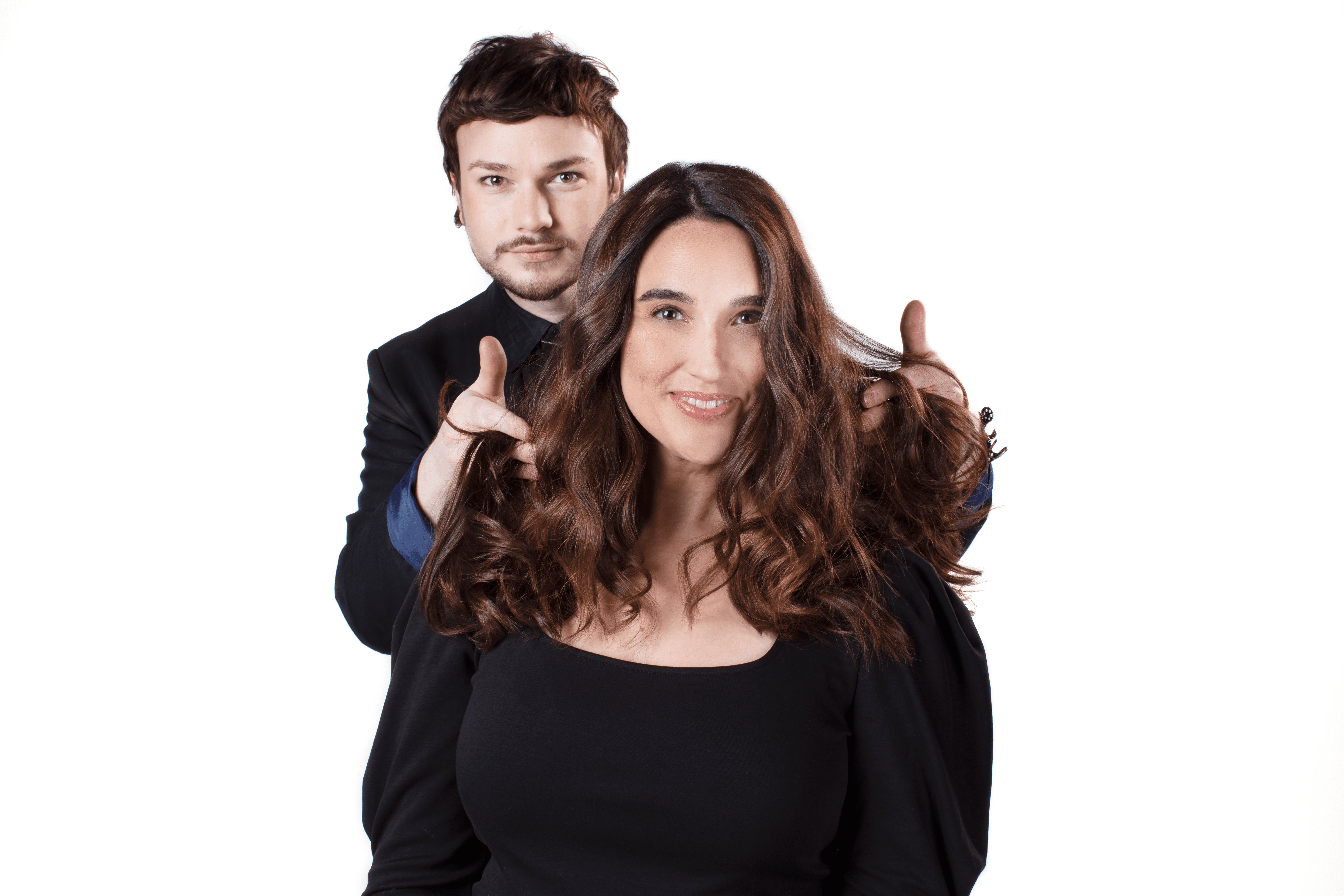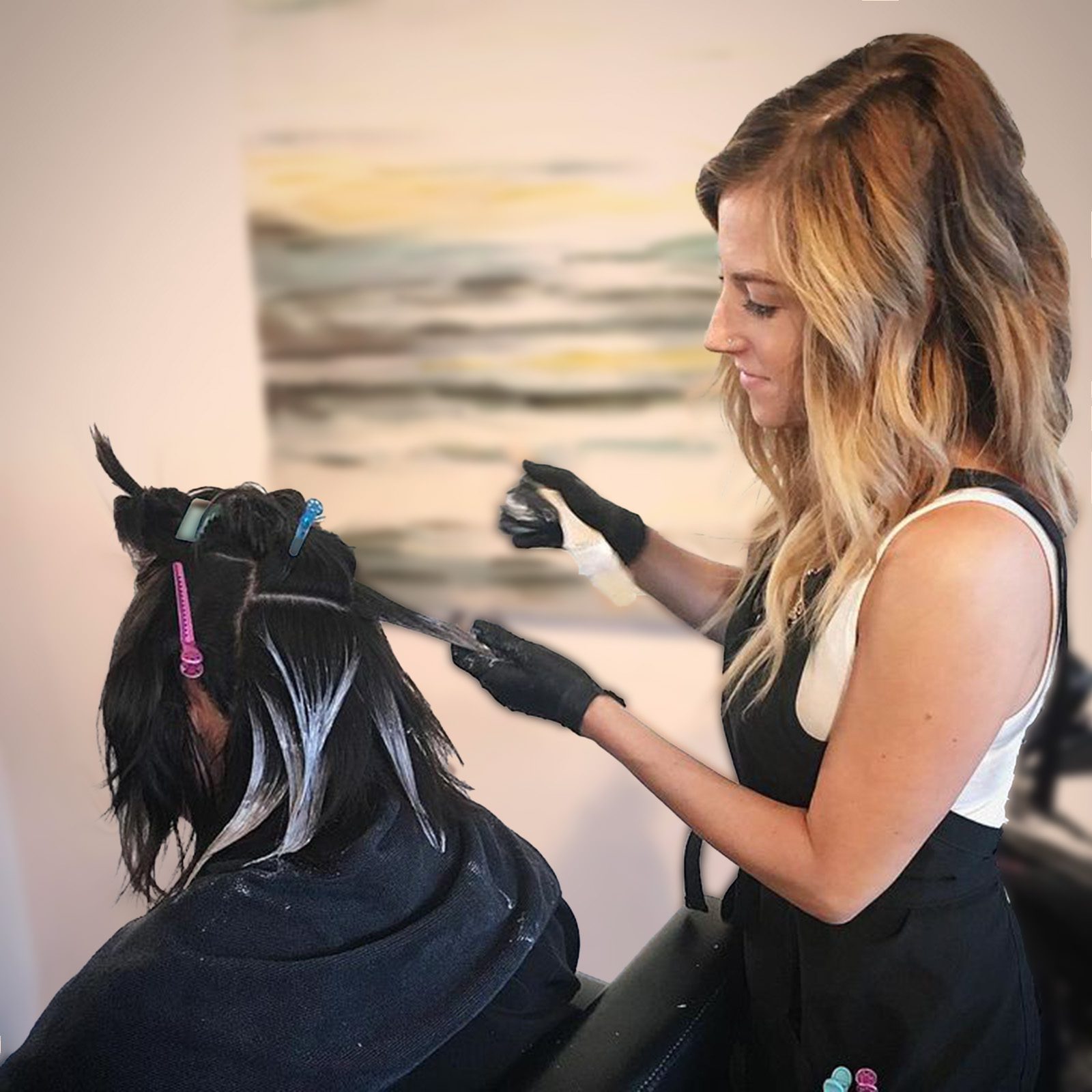I think almost everyone can agree that hair is one of the most important aspects of identity. It can give a glimpse into your style, personality, culture, and even gender expression. With our hairstyles, we make a statement about who we are to the world. However, we don’t often think about how hair can give an insight into physical and mental health.
If your hair becomes brittle or thin, for example, it could mean that you have certain vitamin deficiencies or even thyroid disease. And, oftentimes, greasy, unmaintained hair is seen as a sign of depression. Many individuals living with depression often lack motivation to practice and maintain personal hygiene.
After talking to Dr. Tarane Sondoozi, who holds a doctorate in clinical psychology and serves as an executive/life coach, I discovered that there may be some truth behind the cliché that women change their hair after major life changes such as breakups, marriages, moving, etc. She thinks that a radical change in hair has a direct relationship with one’s mental health.

“We change our hair because we really want a change in our lives and often changing our hairstyle is a step in that direction,” Dr. Sondoozi said.
As a cancer survivor, who underwent chemotherapy, and someone who let her gray hair grow out in her 50s, she has always been fascinated with the meaning behind someone’s hair. Dr. Sondoozi found it very liberating to go against societal norms and embrace her gray hair by “going great” as she calls it.
Master Stylist and blog owner Holly Kolodziej explained her experiences with clients over the years. She has seen how one’s hair gives confidence, enhances personality, and represents beauty in their own eyes. Agreeing with Dr. Sondoozi, Kolodziej believes hair changes mirror life changes. She notes that if a woman has gone through a breakup, she’s more likely to want to change her color and cut; on the flip side, if a woman recently had a baby or got married, she usually wants to cut off a lot of her hair.
“Sometimes clients feel like they are in a rut and need some change in their life, or they feel that they need a whole do-over from something traumatic that happened,” Kolodziej said.
Hairstylists are therapists in many ways and even fairy godmothers, according to Kolodziej. She admits that she has received amazing advice from her clients over the years and given helpful advice. From the moment a client sits in her salon chair, that person is choosing to be vulnerable and trust a professional with one of the “most important features.”
“The moment I touch their hair, you can see a woosh of relief on their face, that they are being taken care of,” Kolodziej said.
She emphasized the importance of a stylist-client relationship for mental health as well as self-care. Making decisions for hair and skincare can be overwhelming, so recommendations are a large part of what she does.
“I not only take my client’s inspiration and bring it to life, but I also help to keep them updated on their self-care,” she said. “In a busy world, it’s easy to lose yourself a bit in the chaos.”
If you’re interested in Kolodziej’s work, you can follow @everyounglifestyle on Instagram or visit her website.


